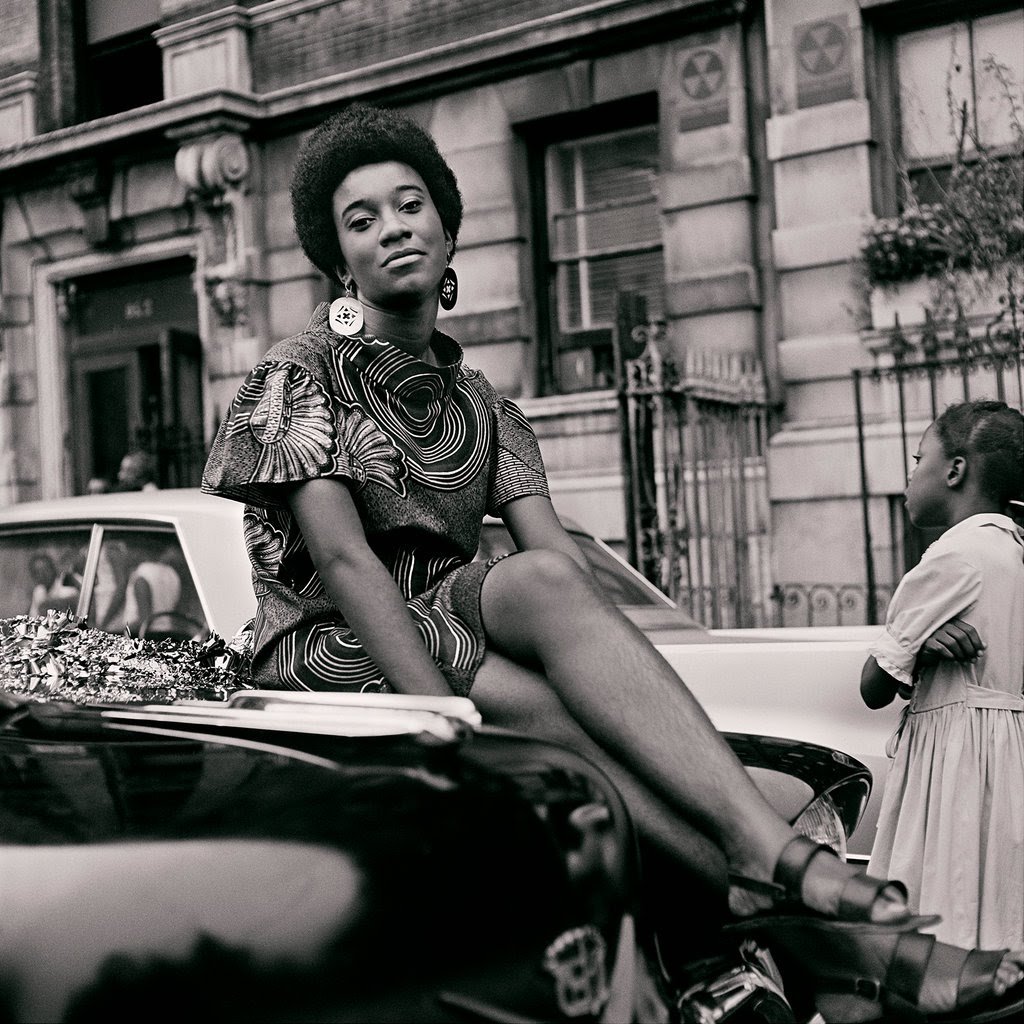My hair is more than something that rests on my head. My hair is part of my culture, identity, and history. My hair is part of my freedom.
I got a haircut a few days ago. I didn’t cut my hair noticeable short, the cut was more like a trim. This probably means nothing to you, but this was a significant moment for me.
We must love ourselves and our communities
Slavery in the United States may have ended in 1865, but there are various methods attempting to ensure that black people never gain true freedom. One of the methods is to make ourselves hate or want to hide our blackness. Many of us thought that if we do our best to assimilate to whiteness maybe we would finally be accepted by society and ourselves. This proved to be utterly false. No matter how straight our hair looks we were not free from being abused, imprisoned, and dehumanized. When black people found this to be true, they realized that our nation may not love and respect us, but we must love and respect ourselves and our communities.
Black Is Beautiful
The idea of black people loving and respecting ourselves and our communities is vital to our liberation and it was (and still is) revolutionary. This mindset sparked the “Black Is Beautiful” movement in the 1960s. Kwame Brathwaite, a photographer from New York, showcased black women wearing their natural hair in the neighborhoods of the Bronx and Harlem. Magazines, such as Jet, were featuring natural hair. Angela Davis, an activist, writer, and scholar wore her natural hair to court when she was finally acquitted of the charges brought against her. Brathwaite, Jet, Davis, and more all showed the beauty in blackness and its power.
Dreaming of Straight Hair
Although the “Black is Beautiful” movement did gain popularity, straightening our hair was still very common for many of us. Growing up in the early 00s, I still remember the feeling of a hot scalp, tugging, breakage, and tears from pain and sitting down for too long, which many black women find too familiar. I constantly wished for naturally straight hair because maybe then I wouldn’t feel embarrassed when my friends and I would do each other’s hair and I was always left with a tangled mess. Maybe then would I feel beautiful all the time. I didn’t know that I had been conforming to eurocentric beauty standards until I started using Instagram. I know the conversation about social media is often about how it’s harmful but through Instagram I found women loving and celebrating hair that looks like mine. Listening to Solange’s “Don’t Touch My Hair,” Aminé’s “Cantu,” or Beyoncé’s Lemonade helped me understand that my black hair is beautiful, similar to what artists and activists did for a past generation.
My Bird’s Nest
Many would think that my natural hair journey ended there. I realized the beauty of my natural hair and I gained ultimate confidence. No. Natural hair often makes me feel too noticeable and hearing words such as “bird’s nest” being associated with my hair does not help. Black women straightening our hair isn’t bad. Some like to because they simply like the look, and that is their choice, but I know my intentions when straightening my hair are not always healthy. I wanted to be smaller and look “presentable.” I began to believe that just because other black women look gorgeous with natural hair, doesn’t mean that I do too. I stared at myself in the mirror with my braided hair extending across my back as I dreaded to unravel them. I finally did so after ten hours of cramped hands. The next day I got my haircut. The hairdresser cut off all my ends that had been damaged from the heat over the years. She told me that I have pretty hair that would look gorgeous if I straightened it, similar to what my friend’s mother said to me in kindergarten, which led me to straighten my hair for the first time. I raised my head to look at my new cut. My hair looked poofy, curly, frizzy, thick, big, bold, and beautiful, and I absolutely love it. I’m ready to reclaim my natural crown.

